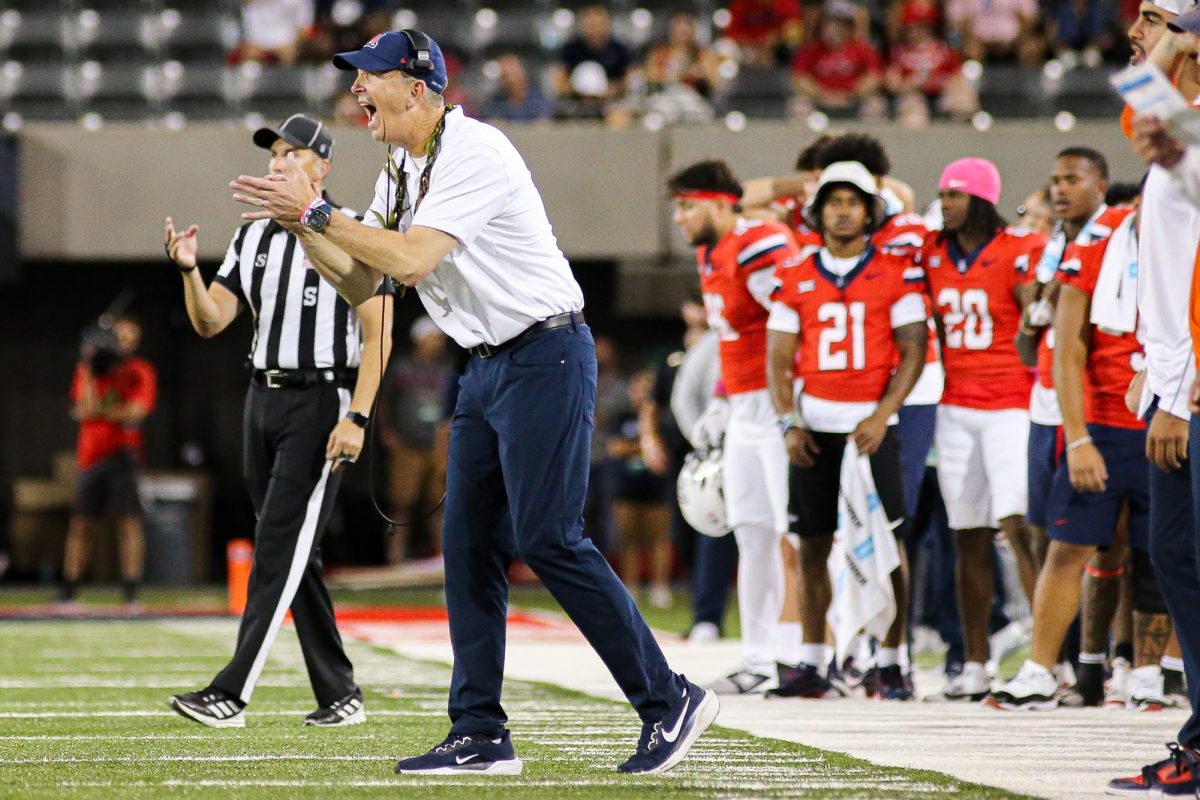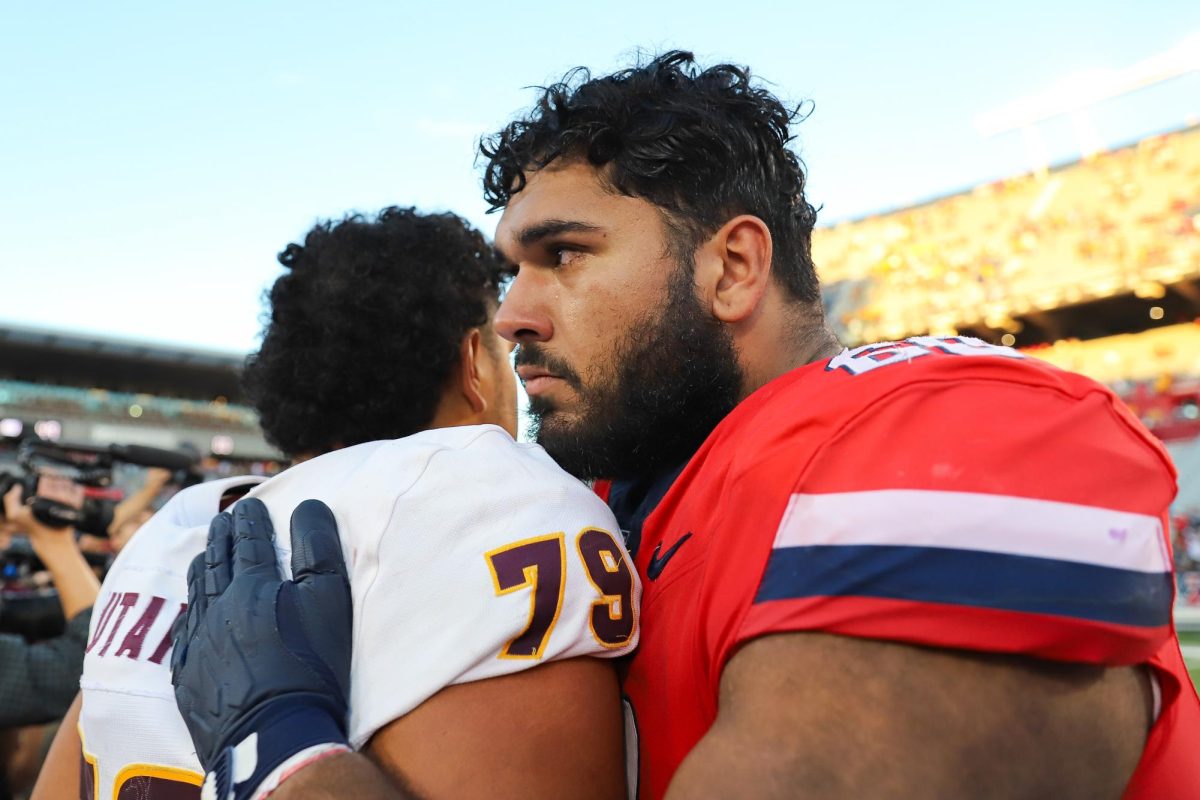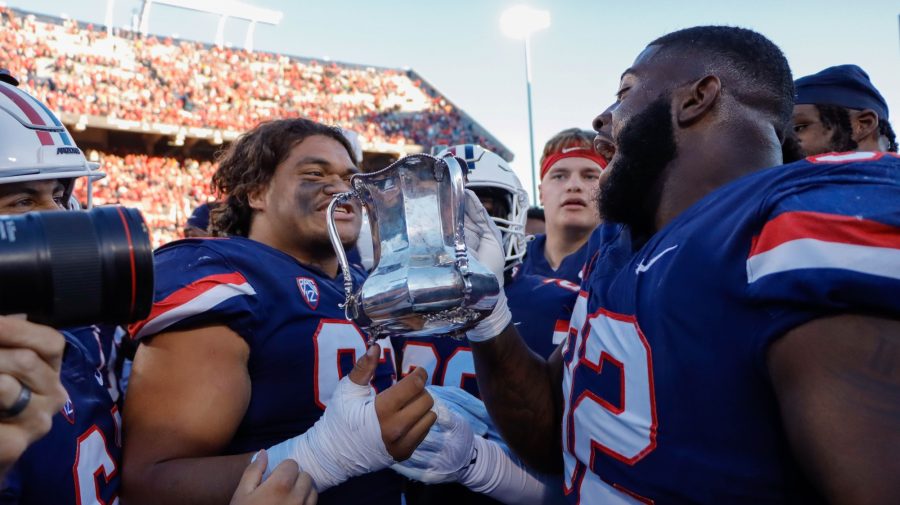The UA College of Medicine Office of Outreach and Multicultural Affairs has been awarded a $2.2 million grant to increase opportunities for educationally and economically disadvantaged individuals who are interested in a variety of health related professions.
The Health Careers Opportunity Program grant was awarded to the office by the Health Resources and Services Administration. The UA was selected based on its review committee score and its qualification for a funding preference for proposing a “comprehensive approach,” said Elizabeth Senerchia, public affairs specialist at the Department of Health and Human Services.
Dr. Ana Maria Lopez, a professor of medicine and pathology and the principal investigator for the grant, said that diversity, in terms of the grant, is a broad term encapsulating not just people from racial or ethnic minority backgrounds, but first-generation students and geographically diverse students.
“If we look at the data there are so many benefits to having a diverse workforce in order to best meet the increasing diverse population in our country,” she said.
Lopez also said she particularly likes the name of the grant because it represents the program’s main goal for students.
The grant will provide students and parents with financial planning resources and information about health care careers and training. The program will also give students the opportunity to receive mentoring services and expose them to community-based primary health care experiences with public and private non-profit providers, according to Senerchia.
“I think often times when people go to talk to a health adviser, people walk away and feel limitations,” Lopez said. “And we’d like for to the students to walk away feeling that there are opportunities and to be able to reach the students early enough where they can really mastermind those opportunities and maximize their chances on really realizing their hopes and dreams.”
The Health Careers Opportunity Program has programs that target middle school, high school and college-level students with the goal that eventually higher-level students will be able to serve as mentors to younger students. Students are also becoming increasingly more tech savvy, said Lopez, so it’s helpful for the program to maximize its online resources and be accessible to students wherever they are.
The program can make health care more accessible to those populations and reduce health disparities by encouraging students from disadvantaged backgrounds to enter various health professions training programs, according to Senerchia.
“Our state and country is in the midst of tremendous health care shortages and to become a health professional takes a long time … shortages are so acute and in some parts of our state people are very underserved,” Lopez said.








